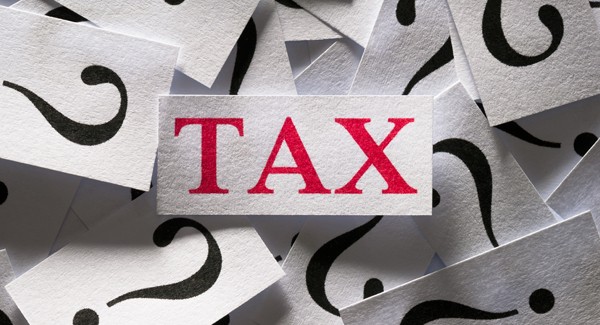Cook County properties are reassessed on a triennial schedule. Every three years, the new valuations – along with appeals, exemptions, local tax levies, and assessments of nearby properties – determine the amount of future property tax bills.
For the purposes of reassessment scheduling, the thirty townships within Cook County are divided into three groups:
- North/northwest suburbs
- South/southwest suburbs
- City of Chicago
In 2024, property taxes will be reevaluated for residential properties in the City of Chicago. This includes condominium, homeowner (HOA), and townhome community associations.
Chicago Property Taxes: Neighborhood Breakdown
The townships of Hyde Park, Jefferson, Lake, Lakeview, North Chicago, Rogers Park, West Chicago, and South Chicago all fall into the City of Chicago grouping.
For reference, here are some neighborhoods that are located within the nine City of Chicago townships:
- Hyde Park Township – includes Hyde Park, Kenwood, Woodlawn, Avalon Park, Burnside, Pullman, South Shore, South Chicago, East Side, Hegewisch, Calumet Heights, South Deering, and Riverdale neighborhoods
- Jefferson Township – includes Jefferson Park, North Park, Albany Park, Irving Park, Avondale, Hermosa, Belmont-Cragin, Montclare, Portage Park, and parts of Logan Square. Sections of the Norridge, Norwood Park, and Harwood Heights suburbs are also located in Jefferson Township.
- Lake Township – includes Englewood
- Lakeview Township – includes Uptown, Lincoln Square, North Center, Wrigleyville, and Lincoln Park
- North Chicago Township – includes Old Town, Gold Coast, Cabrini-Green, Magnificent Mile, and River North neighborhoods
- Rogers Park Township – includes Rogers Park and West Ridge
- West Chicago Township – includes West Town, West Loop, Pilsen, East Garfield Park, West Garfield Park, Little Italy, Heart of Chicago, Lawndale, and Greektown
- South Chicago Township – includes Chinatown, Grant Park, Prairie Shores, and Motor Row District
Chicago Property Taxes: Impact on Community Associations
Condominium, homeowner (HOA), and townhome community association assessment appeals require careful analysis and preparation.
The property tax appeal should be filed as a group on behalf of all units to streamline the process. This will benefit all unit owners and ensure uniformity of taxation within the association.
There are several agencies in the appeal process. Each one comes with its own caveats and pitfalls. Accordingly, associations should seek out skilled legal counsel to steer them through the appeal.
Chicago Property Taxes: Does the Association Have to Hire an Attorney to Appeal?
To file a group appeal, yes. Community associations are not considered “persons” under Illinois law and need a licensed attorney to represent them in any legal proceeding. This includes property tax assessment appeals.
Unfortunately, hiring a “tax consultant” or having one of the board members file an appeal on behalf of the entire association would result in the appeal being voided and might cost the association the ability to re-file with legal counsel if the appeal deadline has expired.
Legal Resource
When your condominium, homeowner (HOA), or townhome association receive your 2024 Chicago property tax assessment notices, do not hesitate to contact our law firm.
KSN’s experienced attorneys have saved our clients over $150 million since 2015 by successfully reducing their property tax assessments.
Please call 855-537-0500 or visit www.ksnlaw.com.
Please note the material contained in this article is for educational and informational purposes only and does not constitute legal advice. No attorney-client relationship is established by your review or receipt of the information contained in this article. You should not act on the information discussed in this article without first obtaining legal advice from an attorney duly licensed to practice law in your State. While KSN has made every effort to include up-to-date information in this article, the law can change quickly. Accordingly, please understand that information discussed in this article may not yet reflect the most recent legal developments. Material is not guaranteed to be correct, complete, or up to date. KSN reserves the right to revise or update the information and statements of law discussed in the article law at any time, without notice, and disclaims any liability for your use of information or statements of law discussed on the article, or the accessibility of the article generally. This article may be considered advertising in some jurisdictions under applicable law/s and/or ethical rules/regulations. © 2024 Kovitz Shifrin Nesbit, A Professional Corporation.

